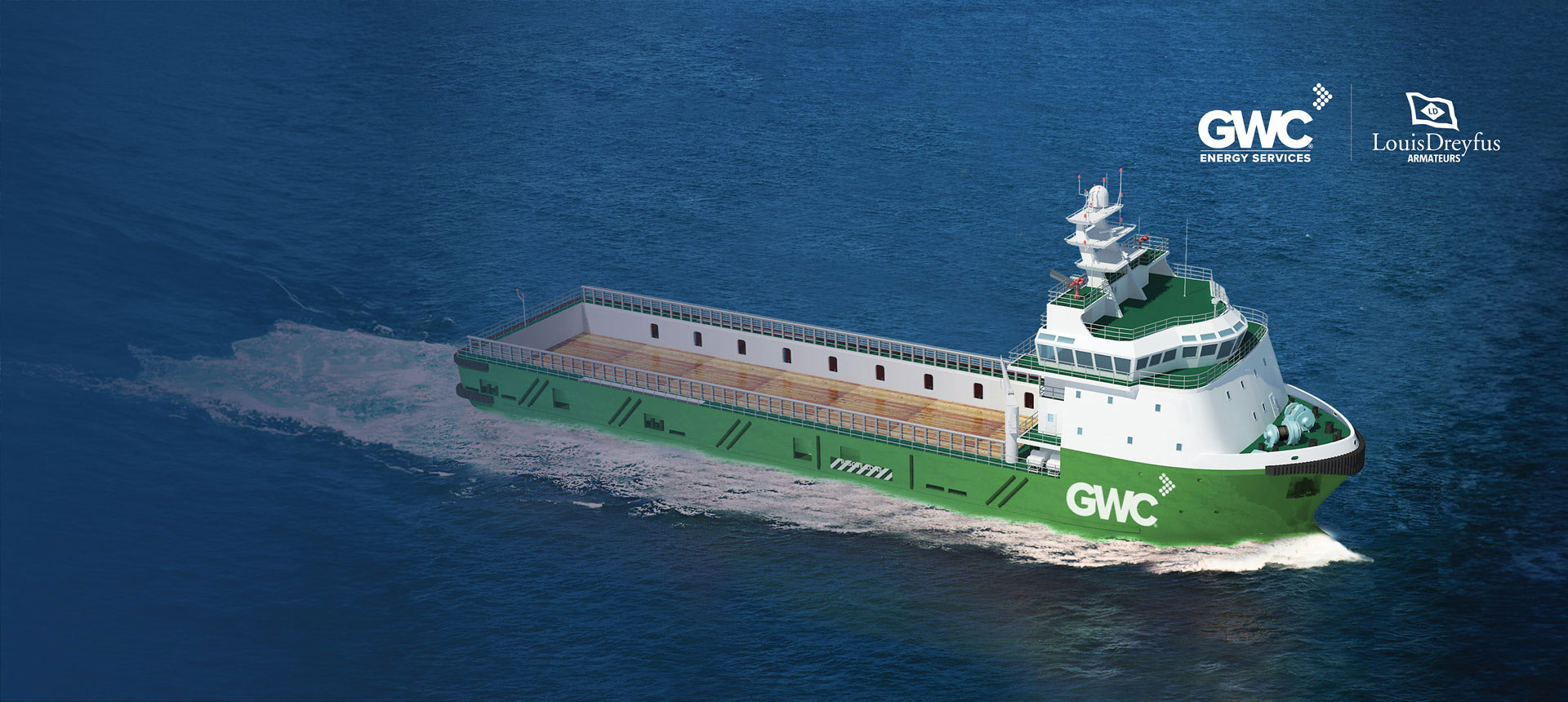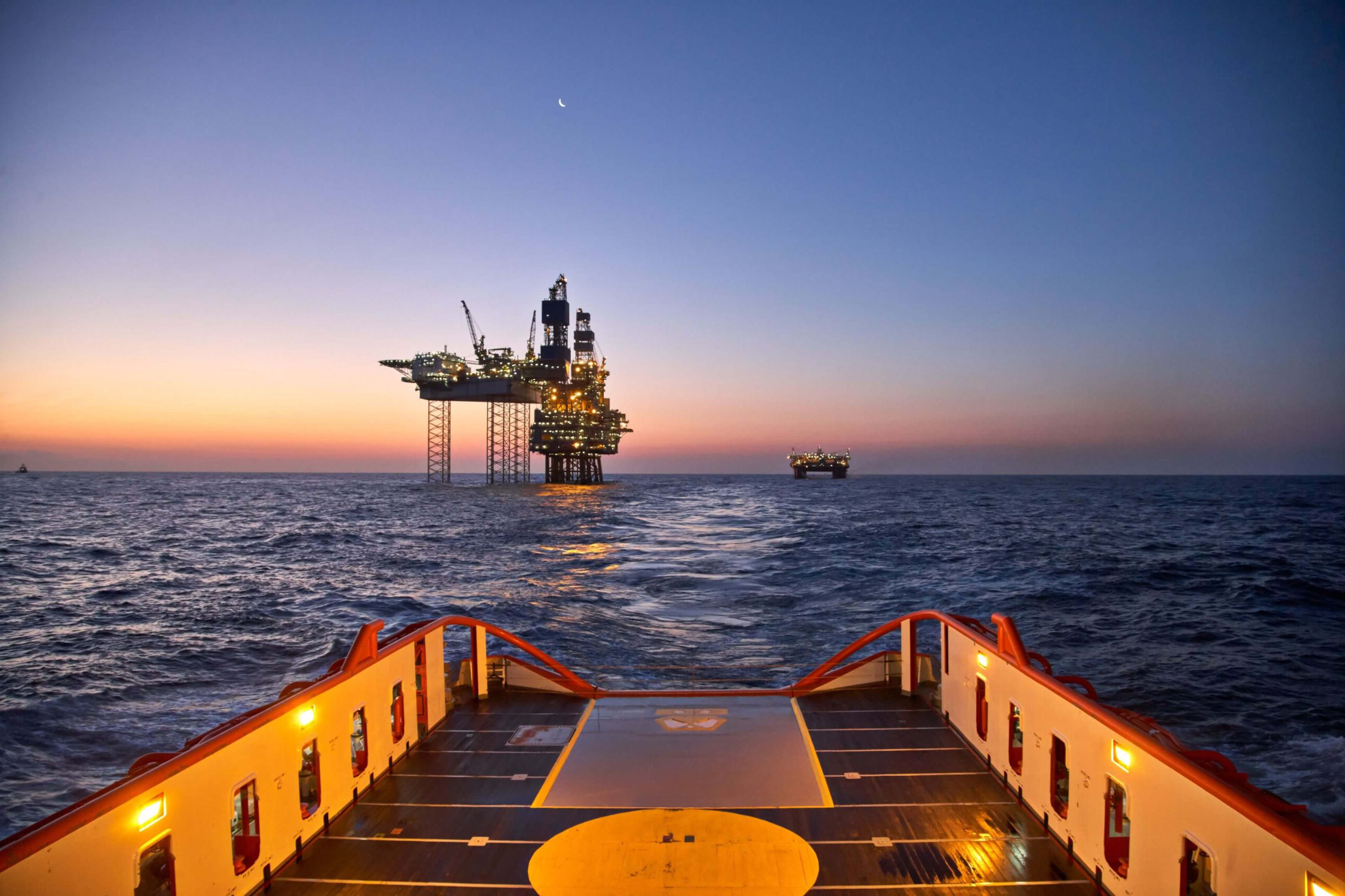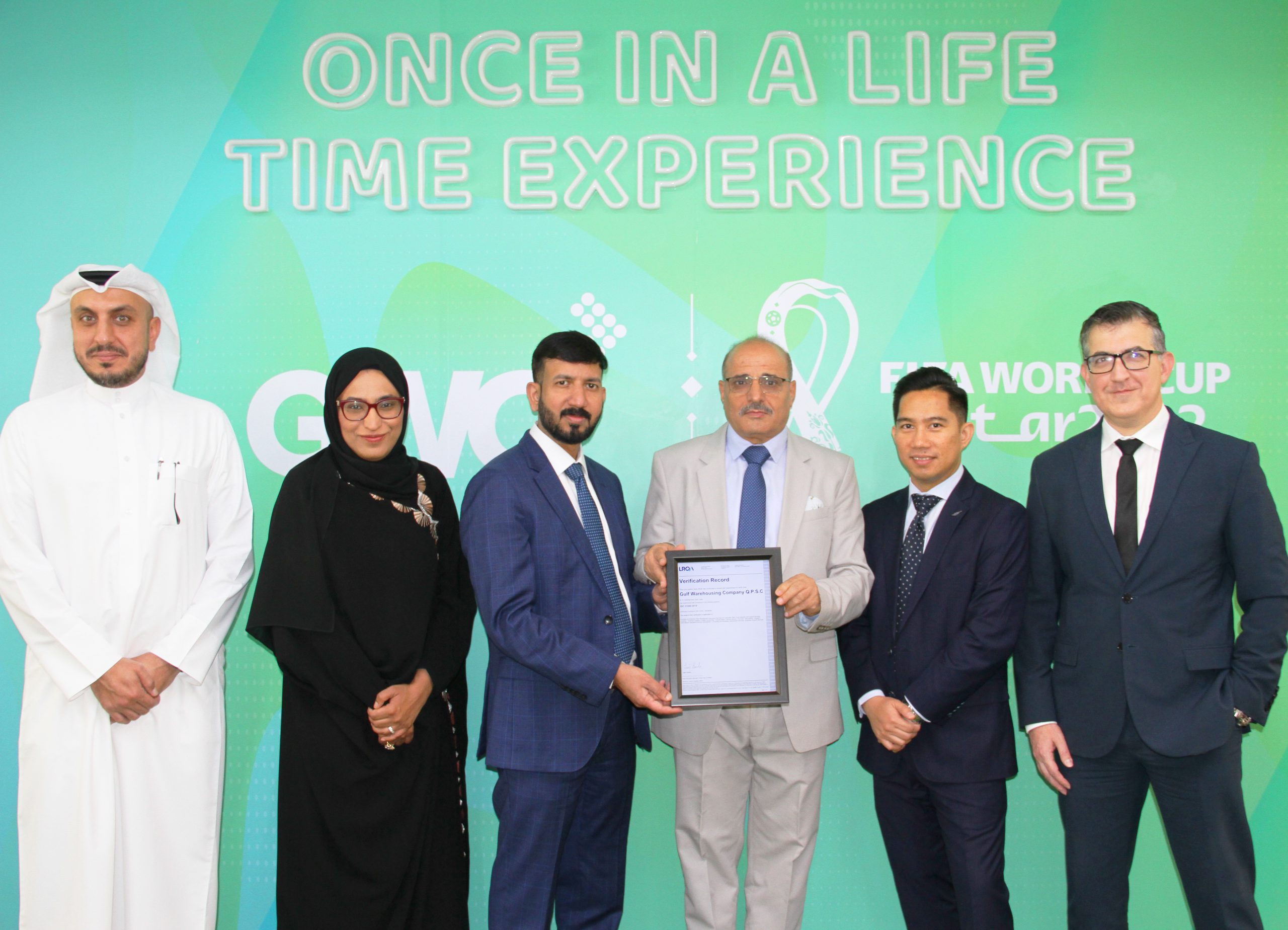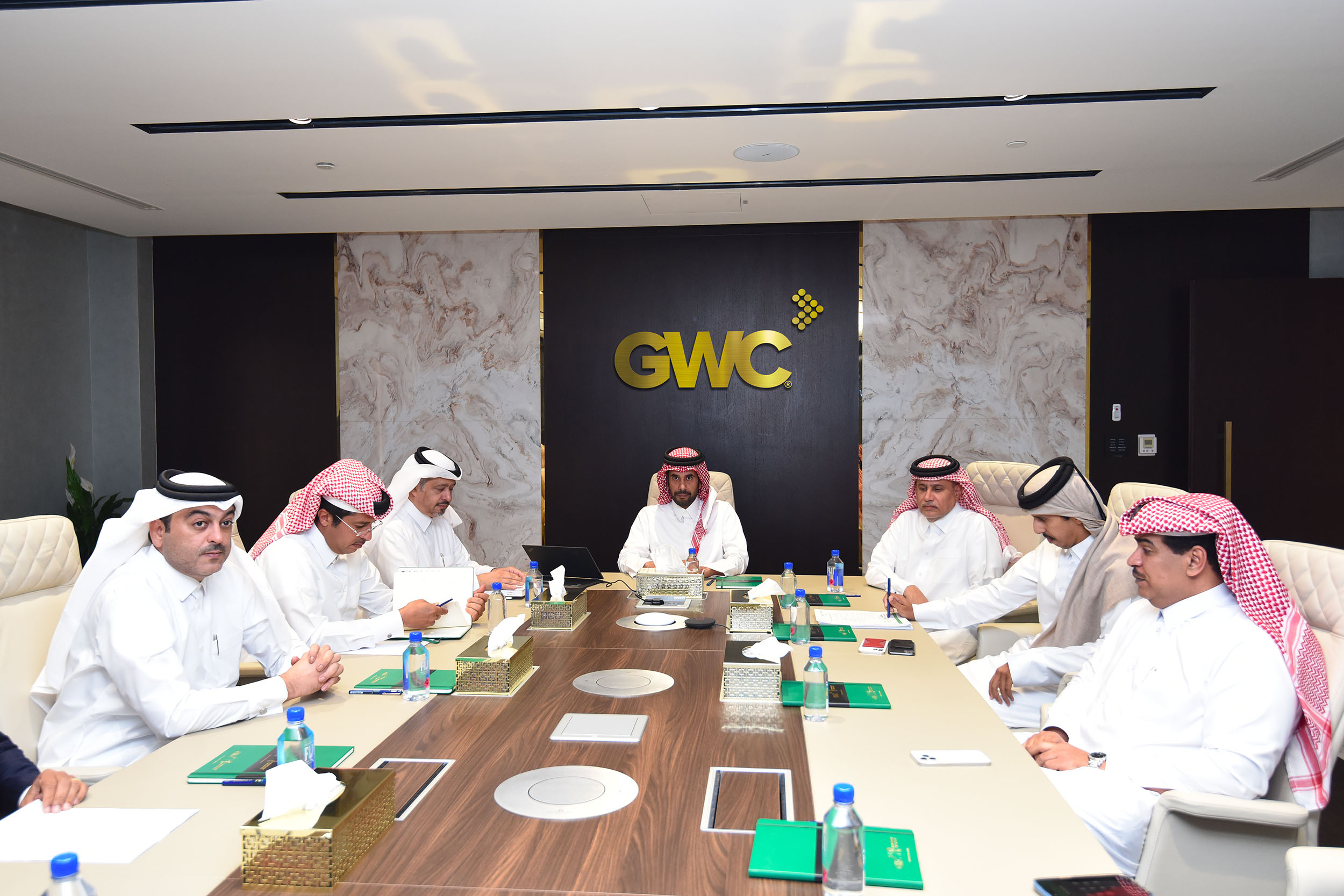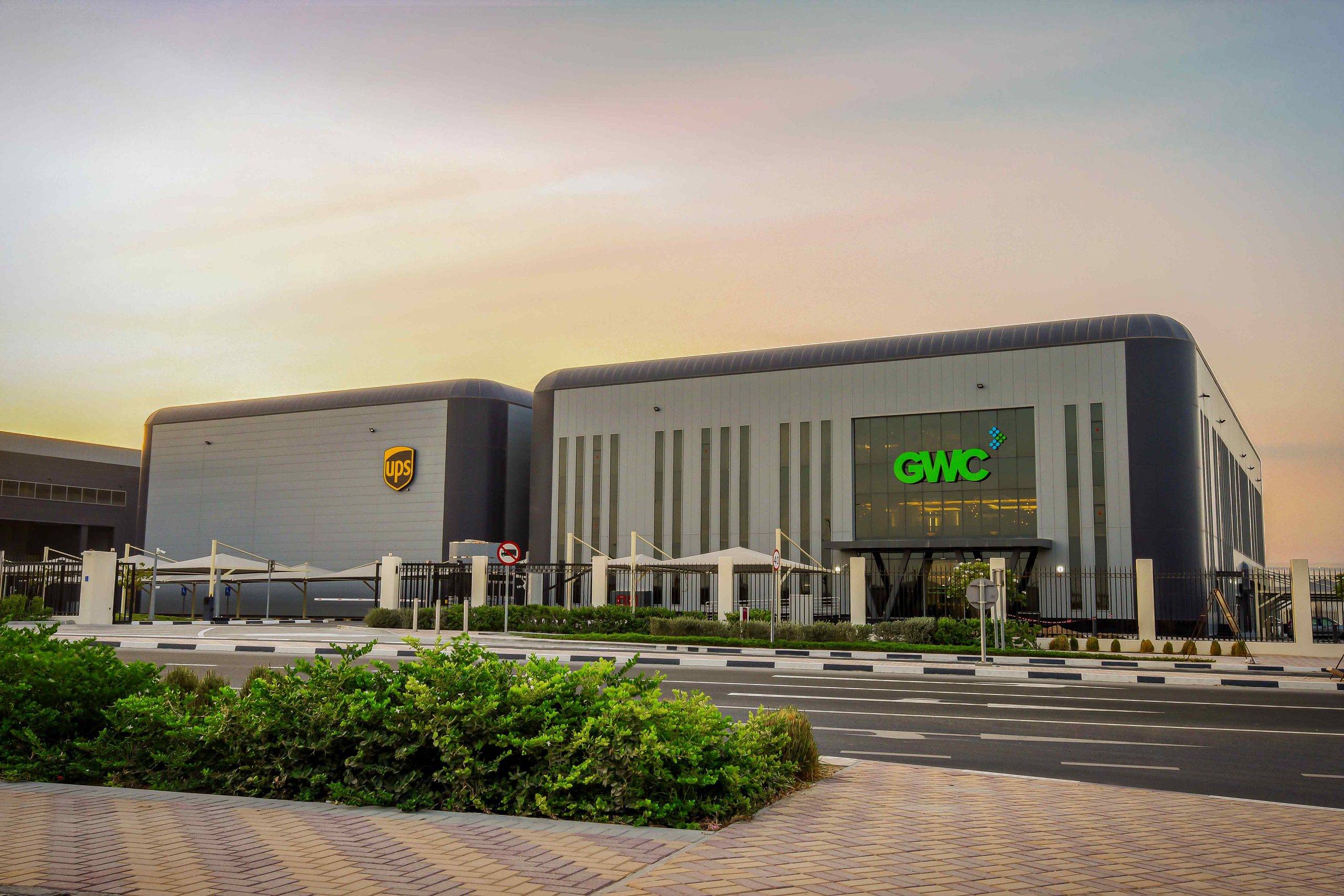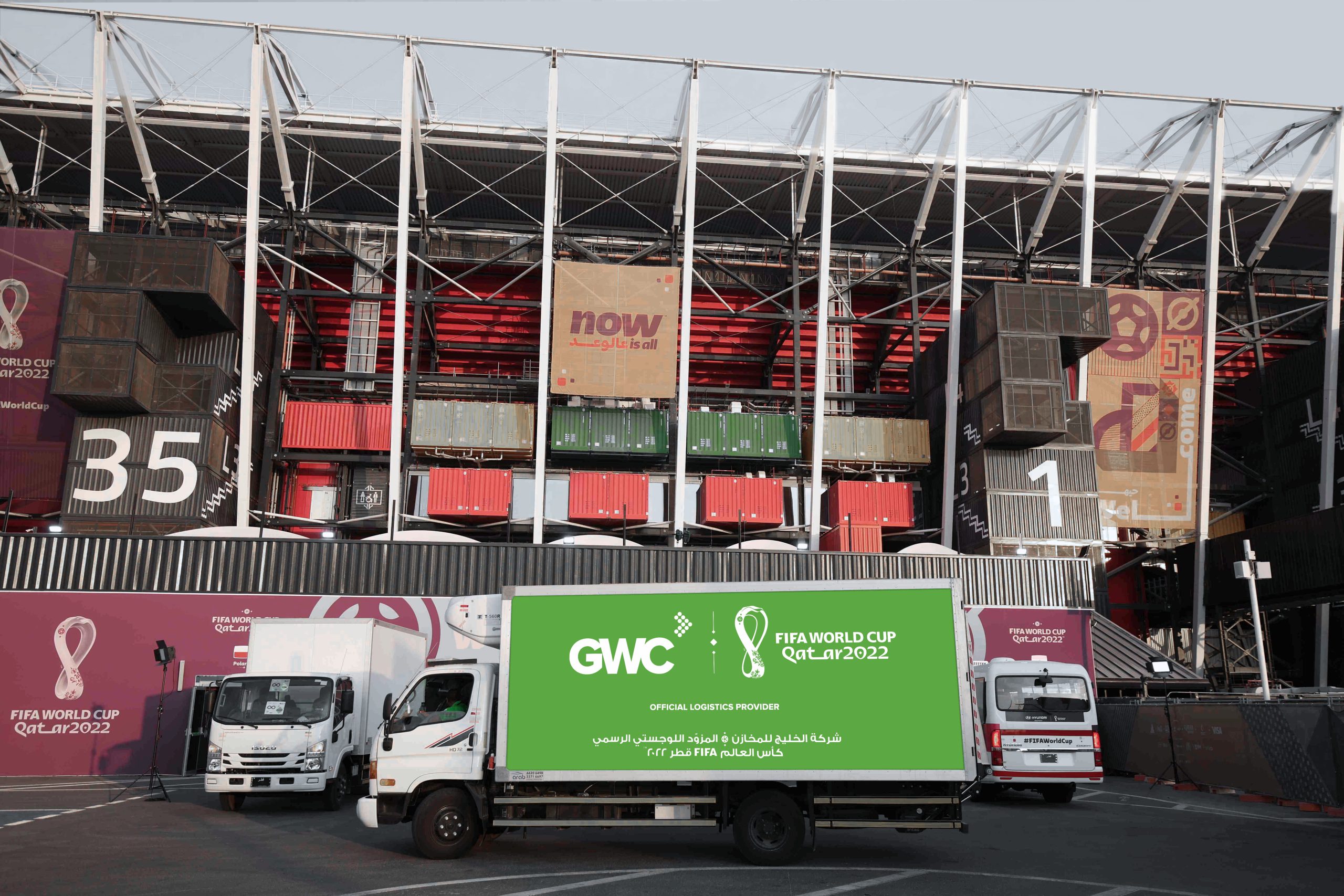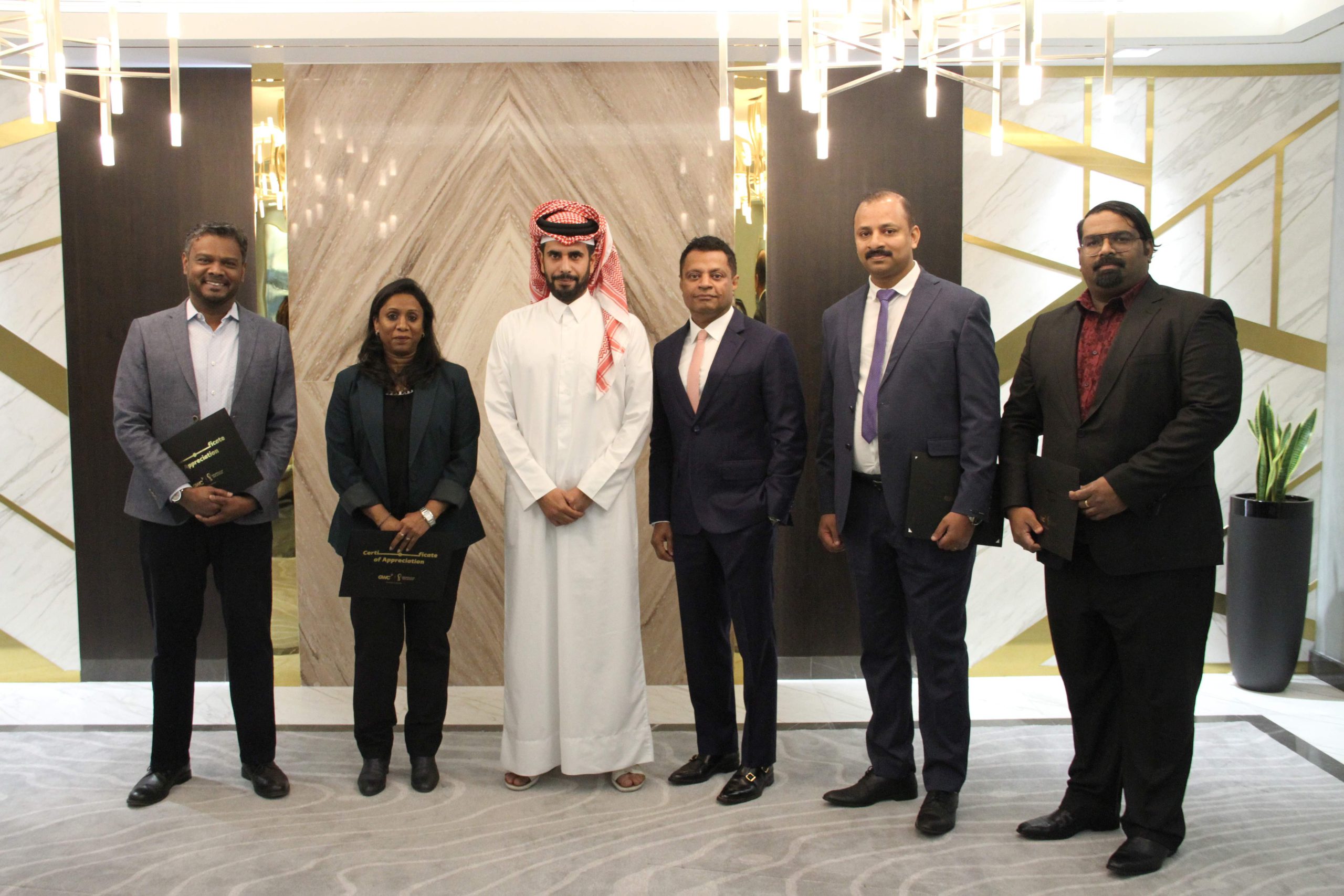Building a future
Logistics providers with solid infrastructure, efficient organisation and processes have survived the turbulent times of the past few years. Aparna Shivpuri Arya gets talking to Ranjeev Menon, to know more about one such logistics powerhouse –Gulf warehouse and what has been the mantra for its success.
Talking about flagship venture of the company – the logistics village, Ranjeev Menon is quick to point out that GWC’s positioning within the industry has dramatically improved through its entry into the logistics infrastructure business with its LVQ Village, making the Company the principal participant in both the retail and the wholesale end of the logistics business. Phase two of the QR 200 million logistics village is 75 % complete and consists of an additional of 62,000 sqm of warehousing space. Ranjeev adds, “The LVQ makes the idea of any business setting up its own logistics centre obsolete. This business model has helped GWC garner a significant market share in Qatar.” The reason behind building a logistics hub of this proportion is to provide the nation a with a state of the art logistic facility and to support industries with logistics need and space.
The grand vision behind LVQ was to provide regional logistics players and large corporate houses something they never had until now: a platform that was tailor-made for their special needs, supported by ready-made services and infrastructure to help them become operational instantly. As a result, the LVQ was master planned to be highly configurable to suit the needs of clients from a variety of industries
Elaborating on the next steps of building the logistics hub, Ranjeev says that they plan to expand to other regions. “We have already commenced operation in Jeddah, Saudi Arabia and Abu Dhabi, UAE. We expect to be extending our footprint and brand across continents in the next few years, providing new logistics solutions to our customers.”
“Our contract logistics services primarily relate to value-added warehousing and the subsequent distribution of goods and materials in order to meet clients’ inventory needs and production or distribution schedules. Our services include receiving, deconsolidation and de-containerization, sorting, consolidation, assembly, cargo loading and unloading, kitting, price tagging, assembly of freight and protective packaging, storage and distribution,” Ranjeev is quick to point out. GWC also functions as an independent, singularly accountable, non-asset based integrator of a client’s logistics, transportation, supply and demand chains. As a management service provider, GWC is free to use 2PLs and/or 3PLs to supply service to its customers.
In addition to the development of The LVQ, the Company’s project team also had the task to take forward two other expansion projects within the Company– Mesaieed and Ras Laffan. The open yard in Ras Laffan is under construction and due to be completed by August 2012. It aims to fill the gap of providing a good facility to store and support the oil and gas customers in Ras Laffan. During FY2011, GWC additionally acquired 10,300 square meters of open yard spaces in Ras Laffan for the future expansion for storing of hazardous materials. The Company is currently developing this facility and expects to complete it by the end of FY2012.
Currently Gulf Warehousing has a global network of freight forwarding in a total of 125 countries. When we asked Ranjeev what kind of growth momentum does he expect in the freight forwarding segment, he said that GWC is proposing an integrated supply chain management model to customer to reduce their burden. “Through our supply chain planning and optimization services delivered under our 3PL umbrella, GWC’s freight forwarding division assists our clients in designing and implementing solutions that improve the predictability and reduce the overall costs of their supply chains.”
Talking about the future, GWC will be working on Phase 4 of the LVQ to increase warehousing capacity due to the high demand and the nature of LVQ as a center for Supply Chain Solution. And with the FIFA World Cup just a decade away, it will also be supporting the government with logistics needs.
With the IMF anticipating Qatar’s growth to be more than 12% in 2012, Ranjeev points out that their financial are solid and they have established branches in Saudi and UAE and will be considering further expansion this year. He, of course highlights that the government of Qatar has also played a very important role in promoting business. “The Government has implemented single-window system in the port to ease congestion and expedite clearance of cargo. This new and extensive electronic system is being developed to cut down current sea customs clearance procedures by as much as 95%.” And with the mammoth infrastructure spending outlined by Qatar, there will be an increase in freight movement across ocean, air and road which will require logistics hub like the GWC to operate the supply chain in a manner to ensure material for construction arrivers on the specified time.
Talking to Ranjeev and going through the extensive material on GWC, we are left with no doubt that GWC has one of the largest and modern warehousing spaces in Qatar. The Logistics Village has provided a leading edge to the logistics infrastructure and we hope that GWC will continue its good work in promoting Qatar and the region in the field of logistics and trade.
GWC’s strategy for regional expansion is more than just a plan – it’s a roadmap to the future!
